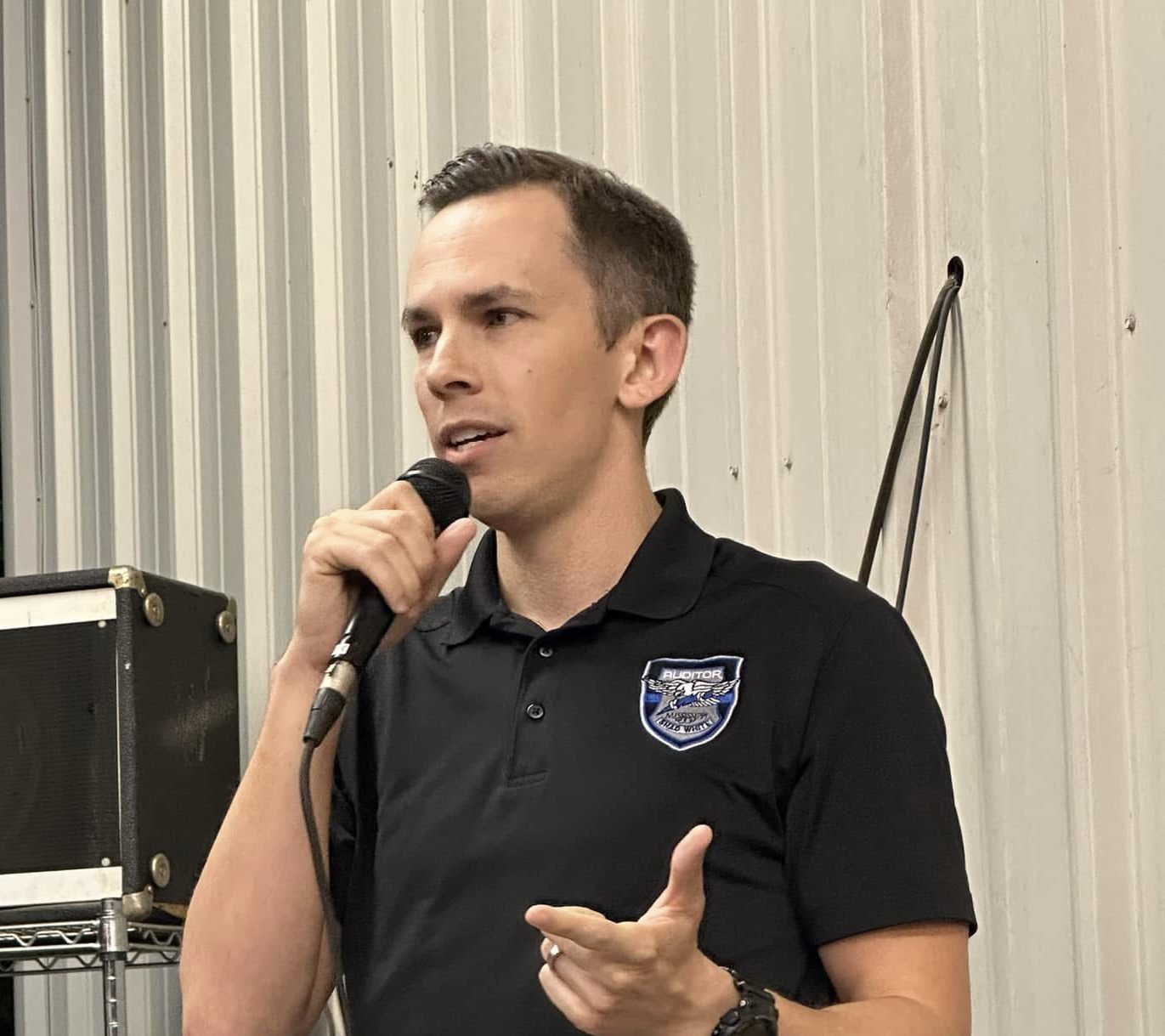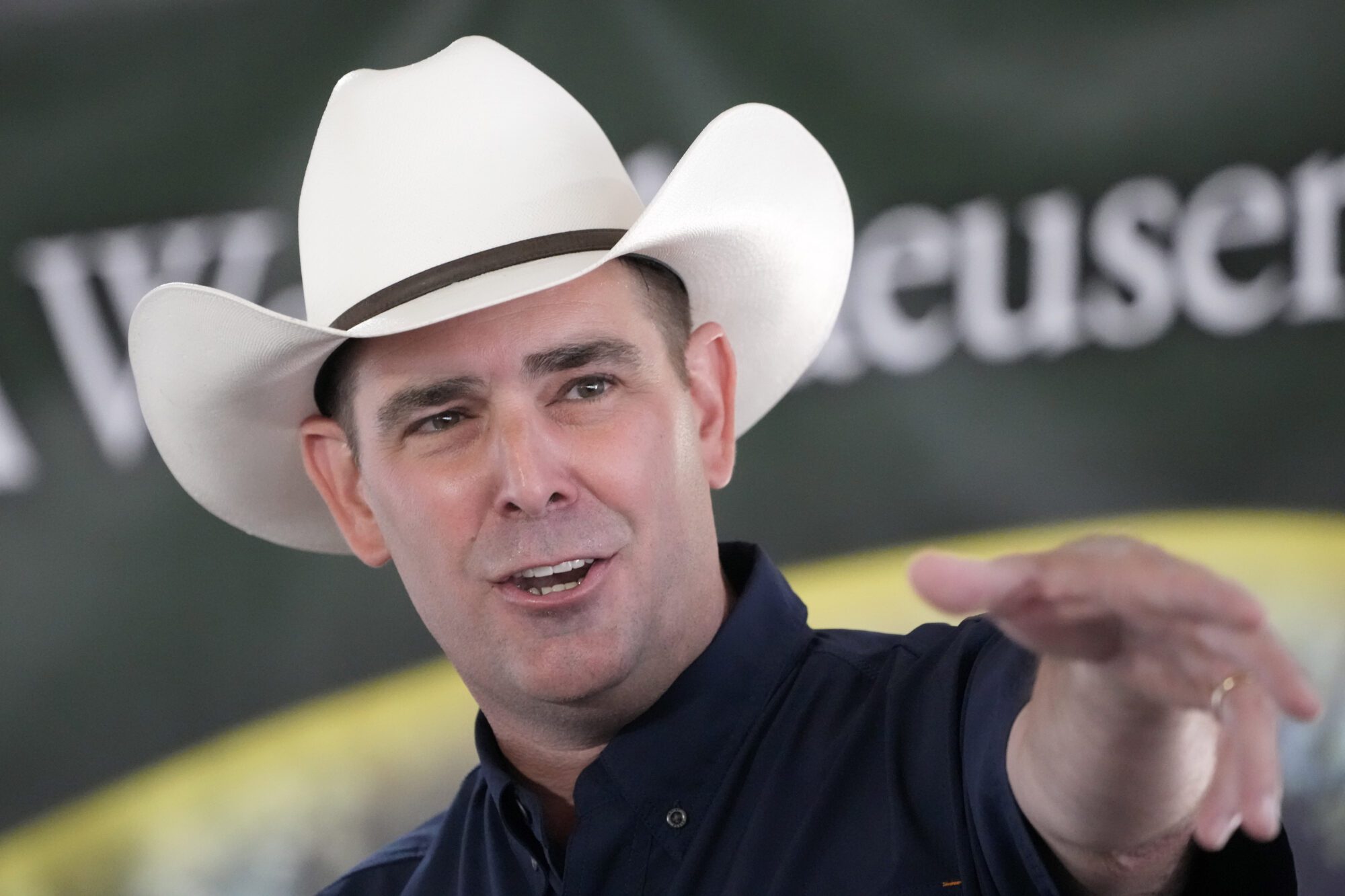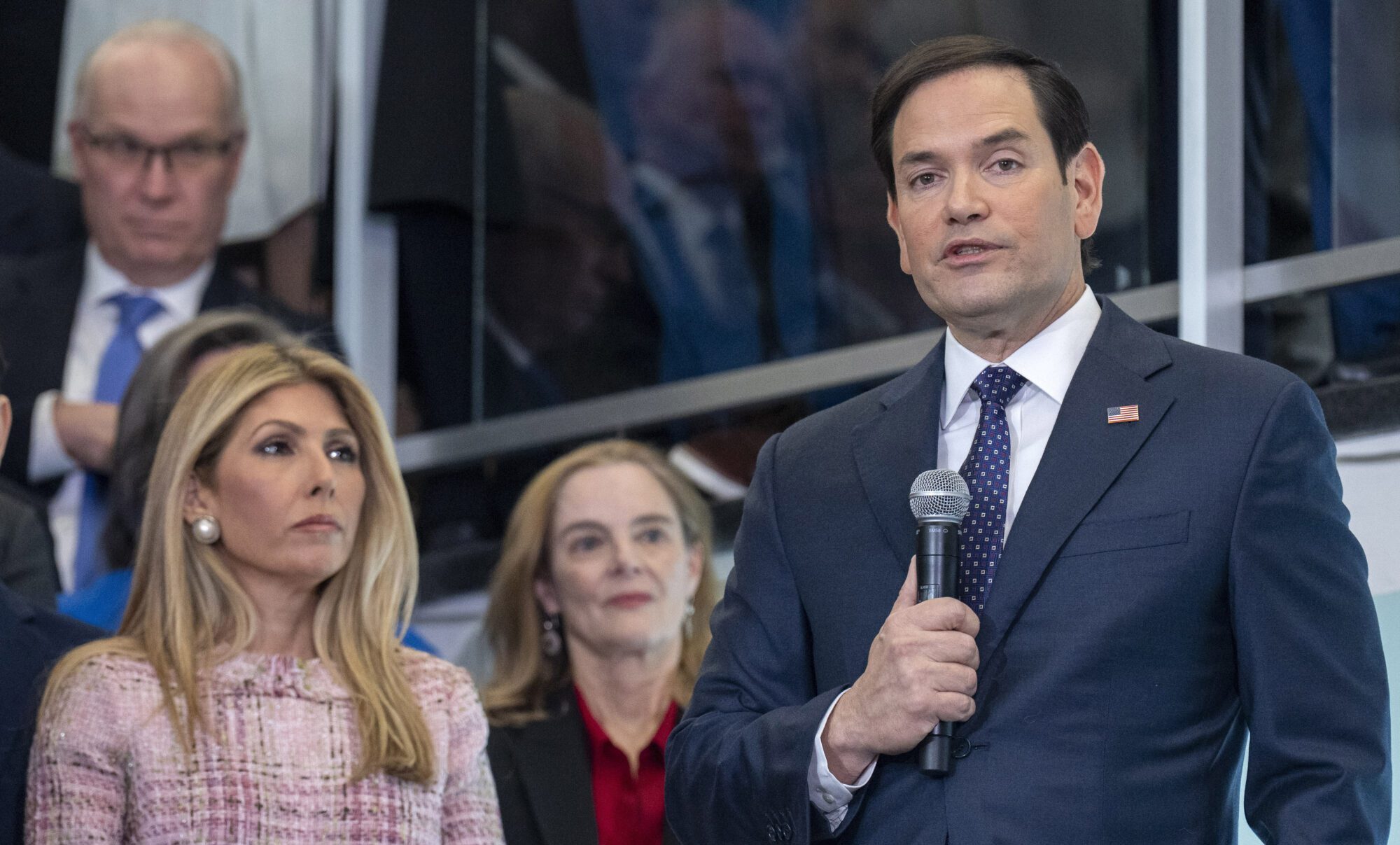
How the story of abolition in England nearly 200 years ago can help us find our place in 2023.
There once was a man named John Newton. Newton was involved in the English slave trade as the master of the slave ships the ‘Duke of Argyle’ and the ‘African.’ He tortured his captives, using lashings and thumb screws to break their spirits. Newton freely admitted he was a ‘ruthless businessman’ and an ‘unfeeling observer’ of the Africans he traded like chattel.
In 1754, following an illness, Newton gave up his seafaring and his role in the slave trade. In 1757, he applied for the Anglican priesthood. He was denied. He persisted. Some seven years later, Newton was accepted into the priesthood. He quickly rose in prominence for his sermons and was eventually elevated to Rector of St. Mary Woolnoth, in London. He would come to write arguably the most famous hymn in all of Christendom, ‘Amazing Grace.’
There once was a man named William Wilberforce. Wilberforce was born into privilege as the son of a rich merchant. He attended Cambridge and was elected to Parliament at twenty-one years of age. In 1786, Wilberforce experienced what he would describe as an “intense religious conversion.”
In the infancy of his faith, Wilberforce came to rely on the counsel of an Anglican clergyman named John Newton. So overwhelmed by his dedication to God, Wilberforce contemplated leaving Parliament to join the clergy. Newton advised him to “serve God where you are.” Wilberforce remained in Parliament. He and a band of merry evangelicals became known as “the Saints” in high society.
There once was a man named Thomas Clarkson. Clarkson was a committed abolitionists and pamphleteer. An activist’s activist. In 1787, Clarkson called on William Wilberforce to discuss the end of the slave trade in England. Wilberforce, already sympathetic to the cause, felt an immediate bond with Clarkson and they formed a partnership that would last for nearly 50 years. That same year, having long ago repented of his past, John Newton wrote an influential essay entitled “Thoughts on the African Slave Trade,” in which he publicly recounted the horrors of slavery and his own role in the cruelty.
Beginning in 1789, William Wilberforce introduced legislation to ban the slave trade. He met furious opposition from those profiting off of the trade. Wilberforce lost the first vote 163-88. Despite ridicule and political maneuvering against him, Wilberforce persisted, annually filing bills to move England closer to abolition. In 1807, some 18 years after his first attempt, the Abolition of the Slave Trade Act was passed by Parliament. When the news reached John Newton, blind and near death, he “rejoiced to hear the wonderful news.”
But the end of the slave trade did not mean the end of slavery itself. Wilberforce and Clarkson would continue their fight for the abolition of slavery for almost three more decades. In 1824, Wilberforce, in poor health, resigned his seat in Parliament, but continued advocating for abolition.
Finally, on July 26, 1833, after three months of debate, Parliament voted to abolish slavery in the British Empire. A messenger was immediately dispatched to Wilberforce’s home to share the news. Three days later, Wilberforce, the man who had dedicated his life to the cause, breathed his last breath on earth.
Four Lessons for 2023
I’ve long been in love with the story of abolition in England because I think there are important lessons to be had from it.
The first lesson is that there is not a person on earth that is beyond redemption. John Newton was a part of unspeakable cruelty on other human beings. In repentance, God used Newton to preach His word, make the case against slavery, and ultimately mentor the men who would see abolition through.
The second lesson is to understand that no matter where you find yourself, you can be a vessel for good. In his youthful exuberance for God, Wilberforce was prepared to leave the secular world behind. Newton knew Wilberforce could make a difference where he was. Had Wilberforce left Parliament, abolition would have eventually happened, but likely not on the same timeline. He was made “for such a time as this.”
The third lesson is one of persistence. If what you are doing is right, it does not matter if it is popular. If what you are doing is popular, it is to your shame if it is wrong. In time, people grow to respect those who hold true to principle and are unrelenting in their advocacy of what they believe to be true.
The fourth, and last lesson, is that no person is an island. Wilberforce did not act alone. Indeed, his network extends far beyond John Newton and Thomas Clarkson, who both played important roles in Wilberforce’s life.
There are people reading this who might feel like they are beyond redemption, who might view their position as one of impotence, who are torn between conviction and conformity, or who feel pressure to do it all themselves. As we head into 2023, it is worth remembering that God can meet us where we are, no matter where we are, and move through us to make a difference in others’ lives.











